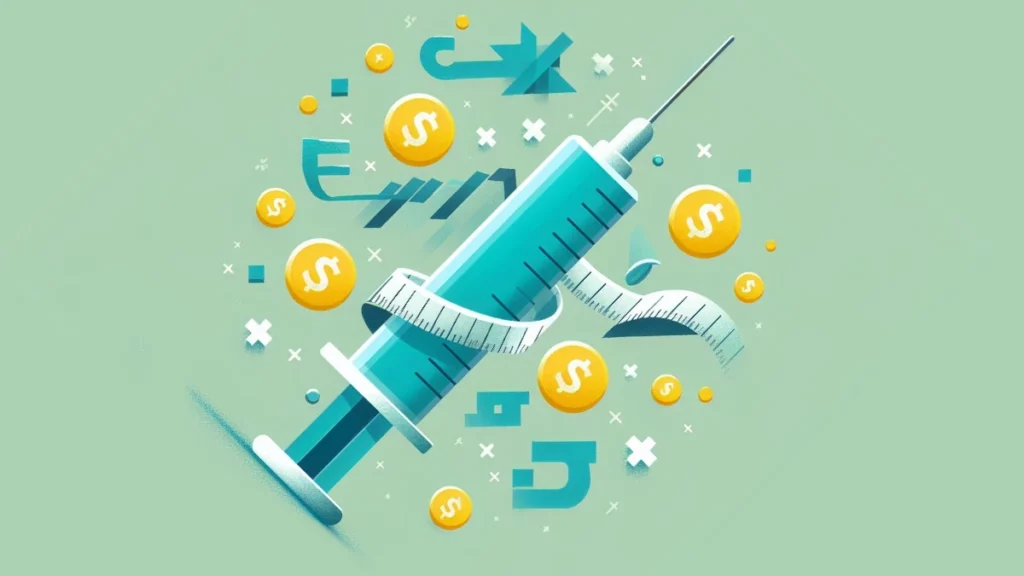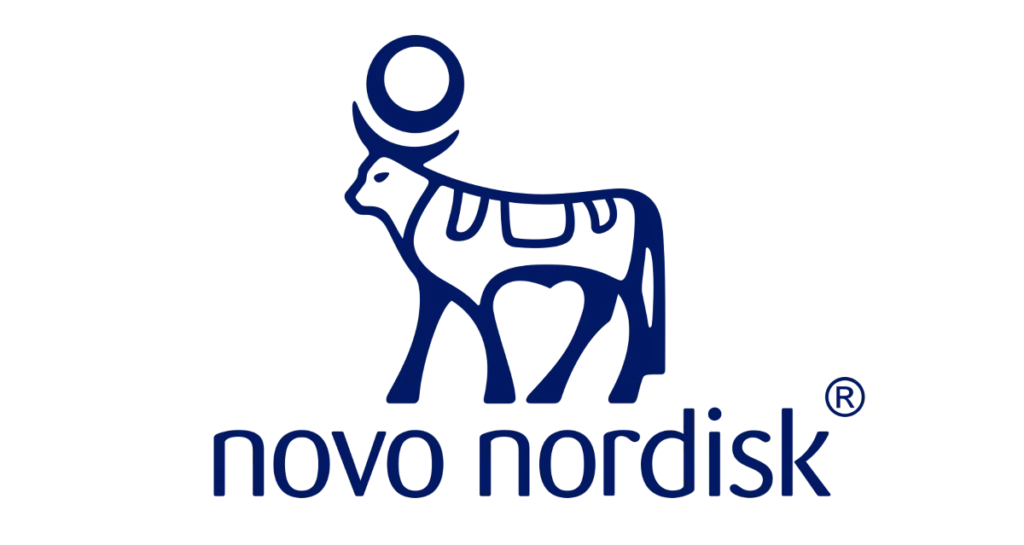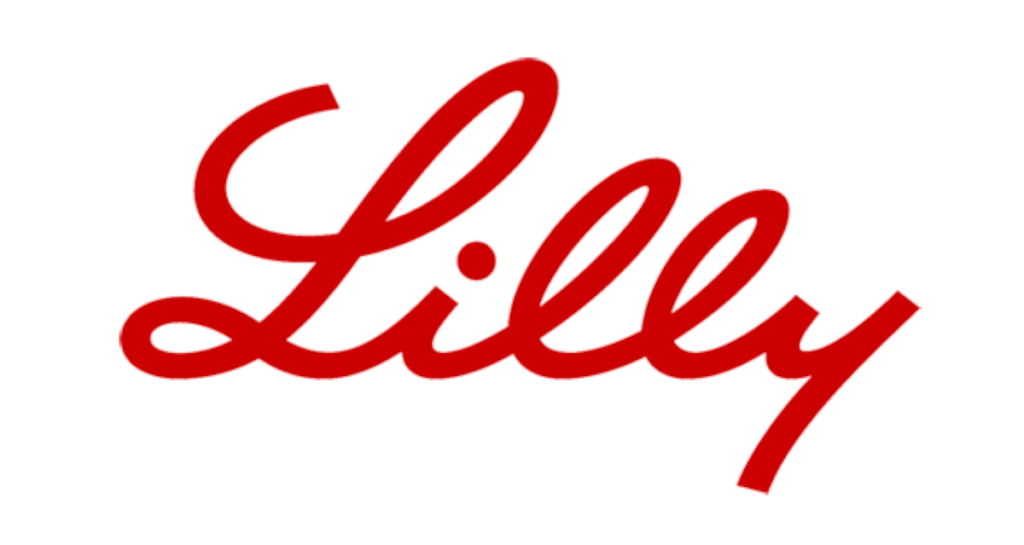The global obesity epidemic has prompted the development of pharmaceutical solutions, creating a promising landscape for investors interested in the healthcare sector.
With the increasing prevalence of obesity worldwide, Pharmaceutical companies are rushing to develop innovative drugs to address this pressing health issue.

New GLP-1 receptor agonist drugs
TheGLP-1 agonists they are drugs that imitate the action of GLP-1. These drugs stimulate insulin secretion, they reduce appetite and can contribute to weight loss.
They are mainly used to treat type diabetes 2 in obese patients or at cardiovascular risk.
New GLP-1 receptor agonist drugs, come Ozempic and Wegovy from Novo Nordisk and Mounjaro from Eli Lilly, have shown impressive results in treating both diabetes and obesity.
In clinical trials, patients taking these drugs lost on average from 15% al 20% of their body weight.
Analysts estimate that the market for obesity drugs could reach stratospheric figures, between $100 and i $200 billion by 2032.
Leading companies are investing heavily to expand manufacturing capacity and develop more cost-effective oral formulations.
Oral GLP-1 drugs could unlock an even larger patient population and spur further growth.
Market dynamics and growth potential
The anti-obesity drug market is experiencing robust growth, driven by the ever-growing obesity epidemic and growing demand for effective treatment options.
According to forecasts, by 2032 the global market for obesity drugs could reach stratospheric figures, reflecting the immense market potential and opportunities for pharmaceutical companies.
This growth trajectory is fueled by factors such as evolving lifestyles, unhealthy eating habits and sedentary behaviors that contribute to the obesity crisis.
Since the entry into the field of new revolutionary drugs such as Ozempic, Wegovy e Mounjaro, Shares of leading companies such as Novo Nordisk and Eli Lilly increased by respectively 60% he was born in 75% in the last year, significantly exceeding the general trend of the sector.
Other companies like Amgen are testing experimental obesity drugs, aiming for tolerability and simplified management compared to drugs currently on the market.
Also the German Boehringer Ingelheim, in collaboration with the Danish biotech Zealand Pharma, is developing a treatment that targets both GLP-1 agonists and another hormone called glucagon.
Main companies in the field
At the forefront of the anti-obesity drug market are industry giants such as Novo Nordisk and Eli Lilly, renowned for their revolutionary therapies against obesity.
Novo Nordisk, leader in the field, boasts an exceptional portfolio of drugs such as Ozempic and Wegovy, which have gained a significant market share and investor interest.
Eli Lilly, a key competitor, has made progress with drugs like Mounjaro and Zepbound, demonstrating its commitment to tackling obesity and driving innovation in the pharmaceutical space.
Novo Nordisk and Eli Lilly currently dominate the market with their injectable GLP-1 drugs.
However, many other pharmaceutical companies are trying to develop their own GLP-1 receptor agonists and reach them, including Pfizer, Amgen, Boehringer Ingelheim, Merck e Altimmune.The competition is set to intensify in the coming years.
Novo Nordisk (NGOs)

Novo Nordisk, a Denmark-based pharmaceutical company, has experienced a significant surge in revenue driven by the success of its weight-loss and diabetes drugs, includingOzempic andWegs.
The company reported a remarkable29% increase in sales to $8.4 billion in the third quarter of 2023, solidifying its position as a key player in the anti-obesity drug market.
Novo Nordisk’s obesity care sales grew by an impressive174% in the first nine months of 2023, primarily fueled by the soaring demand for its innovative medications in the United States.
With its market valuation surpassing $500 billion, Novo Nordisk has emerged as a frontrunner in the pharmaceutical industry, capitalizing on the growing need for effective weight-loss solutions globally.
Eli Lilly (LLY)

Eli Lilly, a prominent American pharmaceutical company, has also witnessed substantial revenue growth, reporting a37% increase to $9.5 billion in the third quarter of 2023.
Known for its diabetes drugMounjaro, Eli Lilly has made significant strides in addressing the obesity epidemic by offering effective treatment options.
The company’s innovative therapies have garnered widespread attention, positioning Eli Lilly as a key player in the weight-loss drug market.
With a market value of approximately $612 billion, Eli Lilly continues to drive advancements in metabolic and endocrine disorders, demonstrating a commitment to improving patient outcomes and addressing unmet medical needs in the healthcare sector.
Investment considerations and risks
Investing in emerging anti-obesity drugs represents an attractive opportunity for investors looking to capitalize on the growth potential of the healthcare sector.
However, It is essential to consider the inherent risks and challenges associated with this dynamic market.
Price pressure due to increasing competition, Potential side effects of innovative therapies and supply-demand imbalances are key risks that investors should monitor closely.
Major companies such as Novo Nordisk and Eli Lilly have seen the value of their shares rise thanks to the blockbuster potential of their anti-obesity drugs.
However, it remains to be seen whether these growth rates can be sustained in the long term.
With the entry of more and more pharmaceutical companies into the anti-obesity drug market, expected an intensification of competition in the coming years.
Questo potrebbe portare a una pressione sui prezzi mentre le aziende si contendono la quota di mercato.
The information in this article is provided for informational and educational purposes only. They do not constitute in any way a solicitation for investment, a recommendation or personalized advice to buy, sell or hold the shares mentioned.
Historical performance data and reported dividend yields are not indicative of future results and do not guarantee similar returns. The value of investments and any income from them may fluctuate and there is no guarantee that you will get back the amount originally invested.
The opinions expressed on the long-term attractiveness of these securities represent the subjective opinion of the author based on available information. They should not be interpreted as a certain prediction of future share price movements.
It is recommended that you consult a qualified financial advisor before making any investment decisions. The author and the website assume no responsibility for any loss or damage arising from the use of the information in this article.

The Italian community of the FIRE movement (Financial Independence, Retire Early) to stop working and retire young.